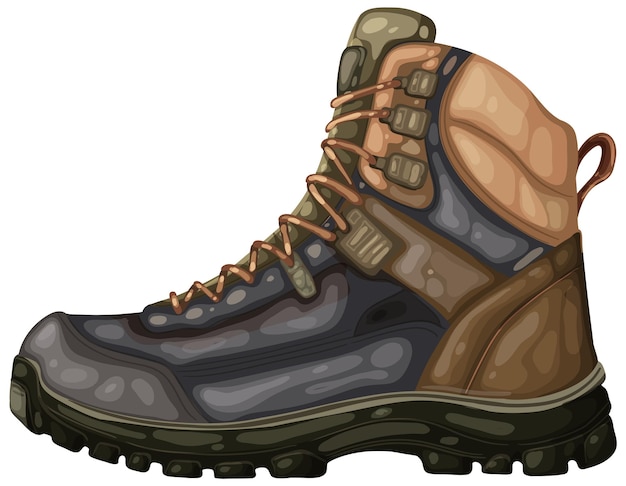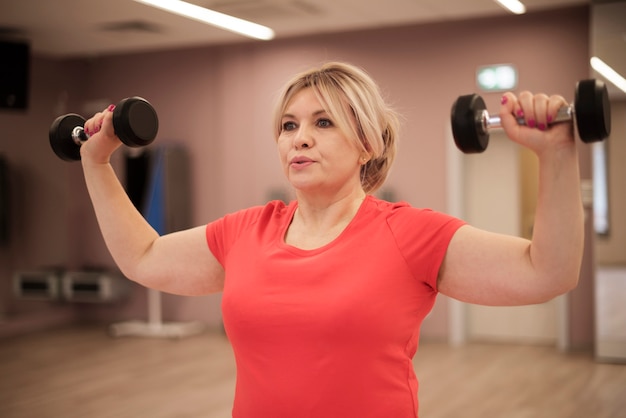Hiking is one of the most rewarding forms of physical activity, especially for women over 40. It combines cardiovascular exercise, strength training, and mental wellness—all while immersing you in nature. Whether you're new to hiking or returning after a break, starting smart is key to building confidence, avoiding injury, and making the experience enjoyable. This guide offers seven practical, science-backed tips tailored to women in their 40s and beyond, complete with weekly targets, safety reminders, and motivation to keep you moving forward.
Your feet carry you through every step of your hike, so investing in quality hiking shoes or boots is non-negotiable. Women over 40 may experience changes in foot structure, arch support, or joint sensitivity, making proper fit even more critical.
Look for shoes with good ankle support, cushioning, and a snug (not tight) fit. Break them in with short walks before hitting the trail. Replace worn-out shoes every 300–500 miles to maintain support.

You don’t need to conquer a mountain on day one. Start with flat, well-maintained trails 1–2 miles long. Aim for 2–3 hikes per week, gradually increasing distance and elevation.
Weekly Target Plan:
Listen to your body. If you feel joint pain or excessive fatigue, scale back and focus on consistency over intensity.
Hiking engages your glutes, quads, hamstrings, and core. Strengthening these muscles reduces strain and improves balance—especially important as muscle mass naturally declines with age.
Incorporate these exercises 2–3 times a week:
These take less than 15 minutes and prepare your body for trail challenges.

Even short hikes require preparation. The 'Ten Essentials' are a standard list for outdoor safety:
Carry these in a comfortable daypack. Adjust based on trail length and weather.
Dehydration can sneak up quickly, especially in warmer months or at higher altitudes. Women over 40 may be more prone to fluid imbalance due to hormonal changes.
Drink water before, during, and after your hike. Carry at least 2 liters for hikes over 2 hours. Bring electrolyte-rich snacks like trail mix, bananas, or energy bars.
Avoid caffeine-heavy drinks or alcohol before hiking, as they can increase dehydration risk.
Solo hiking can be empowering, but for beginners or those returning after a break, hiking with a friend adds safety and motivation. A companion can help in case of a fall, sudden weather change, or fatigue.
Always let someone know your route and expected return time. Use trail apps that allow real-time tracking or check-ins.
Be honest about your fitness level. It’s okay to turn back if conditions feel unsafe. Confidence grows with experience, not risk-taking.

As we age, joint stiffness and bone density become more of a concern. Hiking is actually beneficial for bone health due to its weight-bearing nature, but proper technique matters.
Use trekking poles to reduce impact on knees, especially on descents. They also improve balance and engage upper body muscles.
Consider your nutrition: calcium, vitamin D, and protein support bone and muscle health. If you have osteopenia or arthritis, consult your healthcare provider before starting a new activity.
Hiking isn’t just exercise—it’s a way to reconnect with nature, reduce stress, and boost mental clarity. For women over 40, it offers a sustainable path to lifelong fitness.
Start small, stay consistent, and celebrate every milestone. With the right preparation, gear, and mindset, the trail is yours to enjoy—one step at a time.
Remember: Your health and safety come first. Enjoy the journey, not just the destination.

Fitness

Fitness

Fitness

Fitness

Health

Fitness

Health

Health